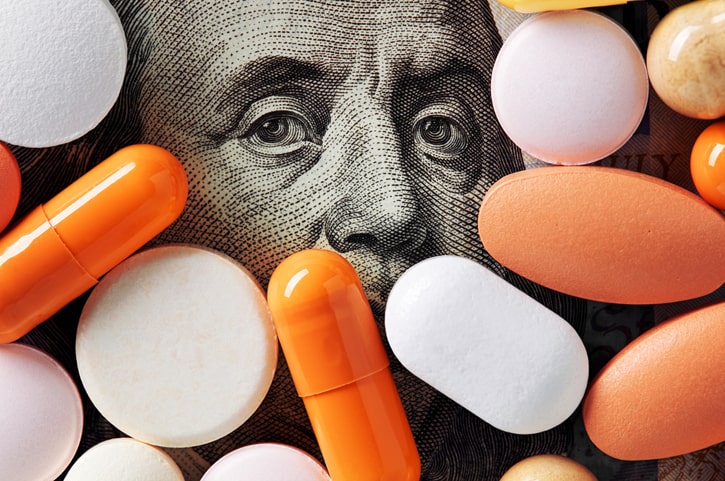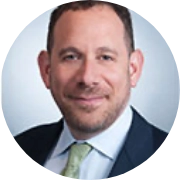The settlement follows Cardinal Health’s payment of $13M to resolve related False Claims Act allegations earlier this year
A Florida medical group has paid $130,000 to resolve allegations it violated the Anti-Kickback Statute (AKS) and False Claims Act by knowingly taking illegal kickbacks from pharmaceutical distributor Cardinal Health (NYSE: CAH). The settlement, by the U.S. Department of Justice with Southeast Florida Hematology and Oncology Group, follows Cardinal Health’s payment of $13.1 million back in January to settle related False Claims Act allegations.
The scheme was exposed by two qui tam whistleblowers—a former Cardinal Health executive and a different medical practice in Florida that dealt with the drug distributor. They shared $2.6 million of the Cardinal Health settlement as a whistleblower award.
The Cardinal Health Settlement
According to the whistleblowers’ qui tam complaints, the kickback scheme involved Cardinal Health’s Specialty Pharmaceutical Distribution business unit, which supplies physicians and hospitals with specialty drugs, plasma products, and vaccines. The company allegedly offered and paid medical groups and hospitals kickbacks disguised as supposedly legitimate rebates to encourage them to prescribe and use Cardinal Health’s products over those of its competitors.
Those payments allegedly violated the AKS, which bars parties from offering, paying, exchanging, or receiving any type of remuneration to induce the referral of services or items paid for by federal healthcare programs.
Under guidance issued by the Office of Inspector General (OIG) for the Department of Health and Human Services (HHS), distributors’ payments of upfront discounts or rebates raise AKS concerns if not tied to specific product purchases. Moreover, distributors are required to maintain appropriate controls to ensure that any upfront discounts or rebates are clawed back if the customer does not ultimately purchase enough products to qualify for them. Rebates not tied to specific product purchases are thus subject to scrutiny.
The Cardinal Health kickbacks allegedly violated those HHS-OIG requirements. Kickbacks are considered harmful to the U.S. federal healthcare system and are prohibited because they have the potential to improperly affect clinical decision-making and inflate costs.
Claims for payment to federal healthcare programs resulting from AKS violations are legally considered to be false and fraudulent claims under the False Claims Act. Cardinal Health caused such claims to be made by paying the kickbacks, according to the whistleblowers.
The Florida Medical Practice Settlement
The Florida medical group that settled with the DOJ admitted knowingly taking kickbacks in violation of the AKS through two arrangements with Cardinal Health. First, it agreed to purchase 90% of its branded and generic drugs from the company in exchange for a $60,000 payment the parties designated as a “Transition Rebate.”
Second, it agreed to purchase of $50,000 in branded and generic drugs from Cardinal Health in exchange for $5,000. The parties disguised the $5,000 payment as a licensing-fee “rebate” for medical practice management software that Cardinal Health gave the practice.
As a result of the kickbacks, the medical group acquired virtually all its drugs from Cardinal Health as opposed to other pharma distributors, according to the DOJ. Furthermore, federal healthcare programs including Medicare and Medicaid paid for a significant portion of those drugs, resulting in False Claims Act violations.
The $130,000 settlement was split between the federal government and the State of Florida, the DOJ said.
Speak with a Whistleblower Lawyer
First passed by Congress during the Civil War to counter fraud by suppliers to the Union Army, the False Claims Act imposes significant liabilities—three times damages, plus penalties—on parties that knowingly defraud the federal government or its agencies. The statute allows private parties known as whistleblowers or qui tam relators to sue violators on the United States’ behalf and share in the recovery. Specifically, False Claims Act whistleblowers are entitled to qui tam awards of 15-30% of the government’s proceeds.
If you have evidence of parties defrauding the federal government or its agencies, including through illegal kickbacks other types of healthcare fraud, or it is vital to speak with an experienced False Claims Act attorney. Reach out to healthcare whistleblower attorney Mark A. Strauss to discuss the possibility of becoming a qui tam whistleblower under the False Claims Act.





